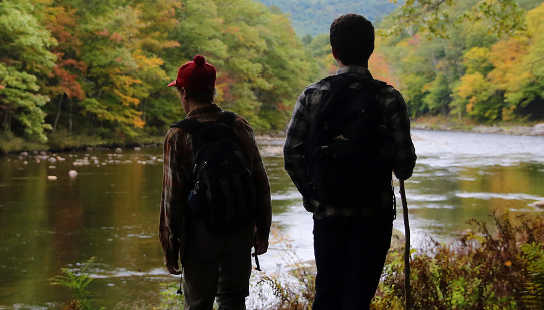 As recently as 6,000 years ago the Sahara was green and fertile. We’ve found evidence of large rivers crossing the region, lined by flourishing settlements. Then suddenly things changed. Trees died and the land dried up. Soil blew away or turned into sand and those rivers were no more. In just a few centuries, the Sahara was transformed from a region similar to modern South Africa into the desert we know today.
As recently as 6,000 years ago the Sahara was green and fertile. We’ve found evidence of large rivers crossing the region, lined by flourishing settlements. Then suddenly things changed. Trees died and the land dried up. Soil blew away or turned into sand and those rivers were no more. In just a few centuries, the Sahara was transformed from a region similar to modern South Africa into the desert we know today.
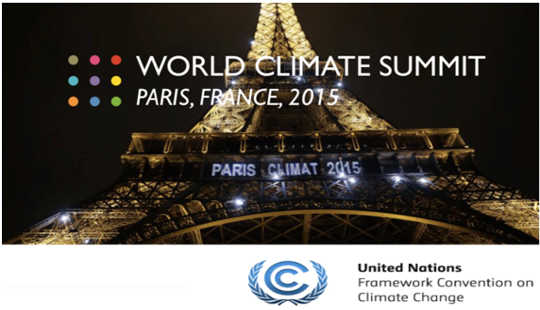 The UN climate talks in Paris have ended with an agreement between 195 countries to tackle global warming. The climate deal is at once both historic, important – and inadequate. From whether it is enough to avoid dangerous climate change to unexpected wins for vulnerable nations, here are five things to help understand what was just agreed at COP21.
The UN climate talks in Paris have ended with an agreement between 195 countries to tackle global warming. The climate deal is at once both historic, important – and inadequate. From whether it is enough to avoid dangerous climate change to unexpected wins for vulnerable nations, here are five things to help understand what was just agreed at COP21.
 At the Paris climate summit, delegates have struck an agreement that calls for the world to “hold the increase in the global average temperature to well below 2? above pre-industrial levels and to pursue efforts to limit the temperature increase to 1.5?”.
At the Paris climate summit, delegates have struck an agreement that calls for the world to “hold the increase in the global average temperature to well below 2? above pre-industrial levels and to pursue efforts to limit the temperature increase to 1.5?”.
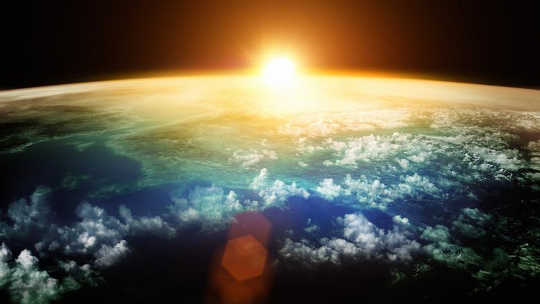 The Paris climate conference will set nations against each other, and kick off huge arguments over economic policies, green regulations and even personal lifestyle choices. But one thing isn’t up for debate: the evidence for climate change is unequivocal.
The Paris climate conference will set nations against each other, and kick off huge arguments over economic policies, green regulations and even personal lifestyle choices. But one thing isn’t up for debate: the evidence for climate change is unequivocal.
 Climate science has been instrumental in developing the ambitious carbon emission reduction targets negotiated at the recent climate talks in Paris. At the same time, the kinds of actions needed to avert the worst effects of climate change demand new ways of engaging that go far beyond science and formal diplomacy.
Climate science has been instrumental in developing the ambitious carbon emission reduction targets negotiated at the recent climate talks in Paris. At the same time, the kinds of actions needed to avert the worst effects of climate change demand new ways of engaging that go far beyond science and formal diplomacy.
- By Peter Burdon
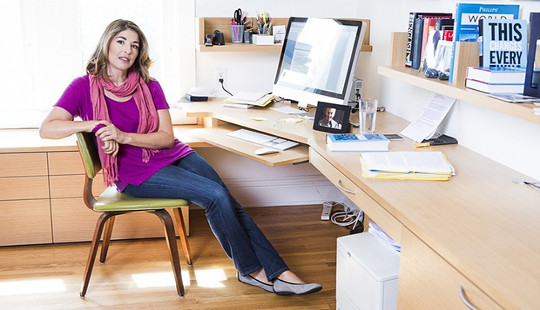 Discussions at the Paris climate talks took place within incredibly narrow parameters. In fact, it would not be too great an exaggeration to say that the summit’s main purpose is to send the private sector a message about which way it should steer its future investments.
Discussions at the Paris climate talks took place within incredibly narrow parameters. In fact, it would not be too great an exaggeration to say that the summit’s main purpose is to send the private sector a message about which way it should steer its future investments.
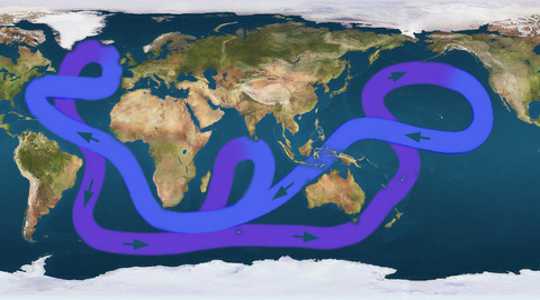 “Climate science isn’t settled” is a particular favourite, still repeated by various Republican presidential candidates as an excuse for inaction on global warming.
“Climate science isn’t settled” is a particular favourite, still repeated by various Republican presidential candidates as an excuse for inaction on global warming.
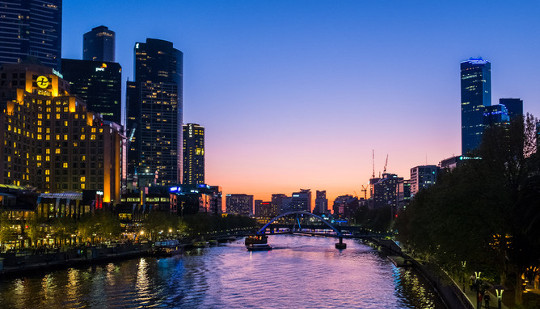 Coastal communities around the world are being increasingly exposed to the hazards of rising sea levels, with global sea levels found to be rising faster over the past two decades than for the bulk of the 20th century.
Coastal communities around the world are being increasingly exposed to the hazards of rising sea levels, with global sea levels found to be rising faster over the past two decades than for the bulk of the 20th century.
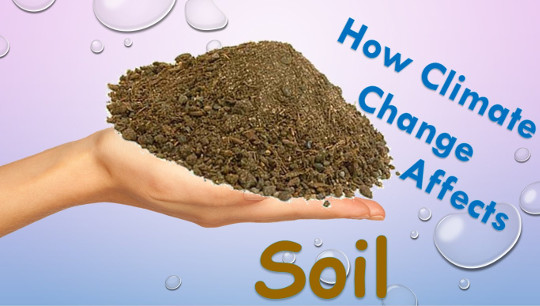 The world’s soils could be a key ally in the fight to limit global warming to 2?, thanks to their ability to store carbon and keep greenhouse gases out of the atmosphere.
The world’s soils could be a key ally in the fight to limit global warming to 2?, thanks to their ability to store carbon and keep greenhouse gases out of the atmosphere.
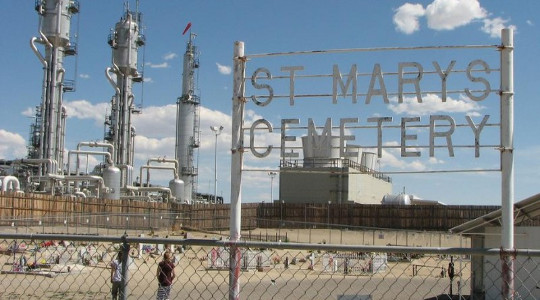
Coal, oil and gas sectors warned that trillions of dollars of assets could be stranded if a global agreement on limiting climate change is reached at the UN summit in Paris.
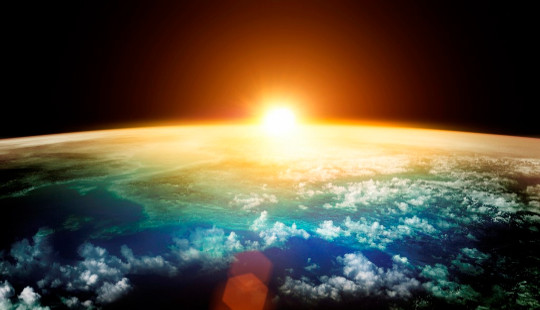 The idea that global warming has “stopped” is a contrarian talking point that dates back to at least 2006. This framing was first created on blogs, then picked up by segments of the media – and it ultimately found entry into the scientific literature itself.
The idea that global warming has “stopped” is a contrarian talking point that dates back to at least 2006. This framing was first created on blogs, then picked up by segments of the media – and it ultimately found entry into the scientific literature itself.
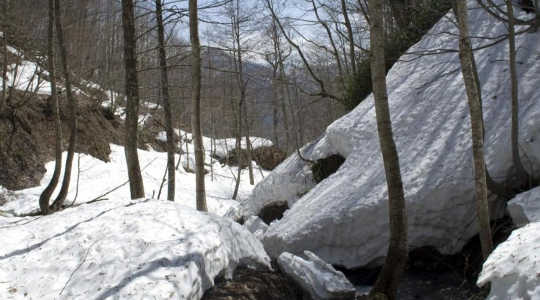 New research warns that rising temperatures are reducing the mountain snow on which billions of people in lowland areas depend for their water supply.
New research warns that rising temperatures are reducing the mountain snow on which billions of people in lowland areas depend for their water supply.
 Buddhist leaders are urging global leaders to cooperate with compassion and wisdom and reach an ambitious and effective climate agreement at the 21st Session of the Conference of Parties (COP21) to the UN Framework Convention on Climate Change (UNFCCC) in Paris.
Buddhist leaders are urging global leaders to cooperate with compassion and wisdom and reach an ambitious and effective climate agreement at the 21st Session of the Conference of Parties (COP21) to the UN Framework Convention on Climate Change (UNFCCC) in Paris.
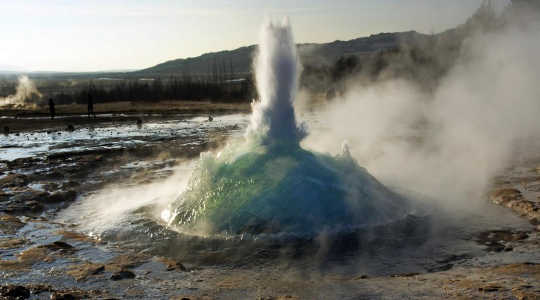 The quest is on to develop new technology that can tap the intense heat deep below the Earth’s surface and supply the whole world with electricity.
The quest is on to develop new technology that can tap the intense heat deep below the Earth’s surface and supply the whole world with electricity.
 If political leaders around the world are serious about gender equality, they must also get serious about climate change.
If political leaders around the world are serious about gender equality, they must also get serious about climate change.
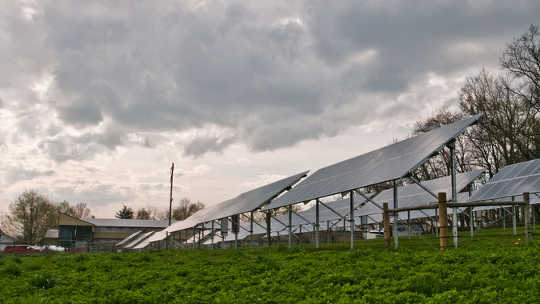 The cost of solar energy continues to fall, so it is no surprise that more people are adopting solar. This rapid growth of rooftop solar, however, has led many electric utilities to try to apply the brakes.
The cost of solar energy continues to fall, so it is no surprise that more people are adopting solar. This rapid growth of rooftop solar, however, has led many electric utilities to try to apply the brakes.
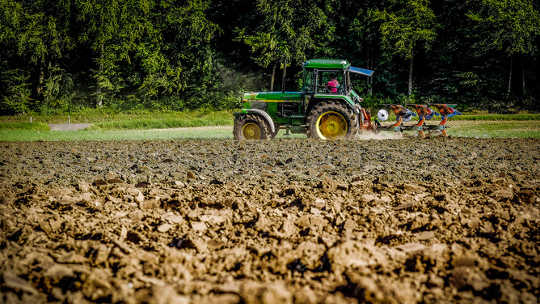 French wine lovers have always taken their soil very seriously. But now the country’s government has introduced fresh reasons for the rest of the world to pay attention to their terroir.
French wine lovers have always taken their soil very seriously. But now the country’s government has introduced fresh reasons for the rest of the world to pay attention to their terroir.
 The world is watching as refugees flood into a Europe unprepared for the new arrivals. Conflict and social unrest due in part to climate stress – including induced food shortages and social conflict – have prompted migrants to search for new homes and new opportunities. To ecologists, however, this comes as no surprise.
The world is watching as refugees flood into a Europe unprepared for the new arrivals. Conflict and social unrest due in part to climate stress – including induced food shortages and social conflict – have prompted migrants to search for new homes and new opportunities. To ecologists, however, this comes as no surprise.
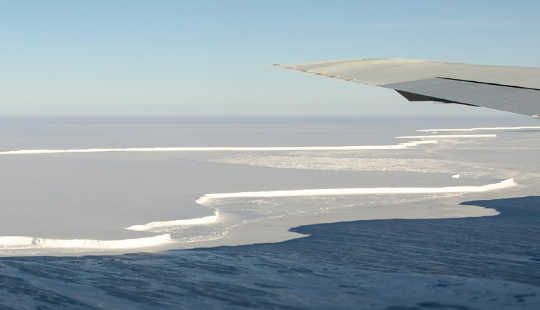 Ask people what they know about Antarctica and they usually mention cold, snow and ice. In fact, there’s so much ice on Antarctica that if it all melted into the ocean, average sea level around the entire world would rise about 200 feet, roughly the height of a 20-story building.
Ask people what they know about Antarctica and they usually mention cold, snow and ice. In fact, there’s so much ice on Antarctica that if it all melted into the ocean, average sea level around the entire world would rise about 200 feet, roughly the height of a 20-story building.
 This week, scientists registered their concern that super-warm conditions are building to a point where corals are severely threatened across the tropical Indian, Pacific and Atlantic oceans. They did so after seeing corals lose colour across the three major ocean basins – a sign of a truly momentous global change.
This week, scientists registered their concern that super-warm conditions are building to a point where corals are severely threatened across the tropical Indian, Pacific and Atlantic oceans. They did so after seeing corals lose colour across the three major ocean basins – a sign of a truly momentous global change.
 If we can convince people that climate change is real and important, then surely they will act: this intuitive idea underlies many efforts to communicate climate change to the public.
If we can convince people that climate change is real and important, then surely they will act: this intuitive idea underlies many efforts to communicate climate change to the public.
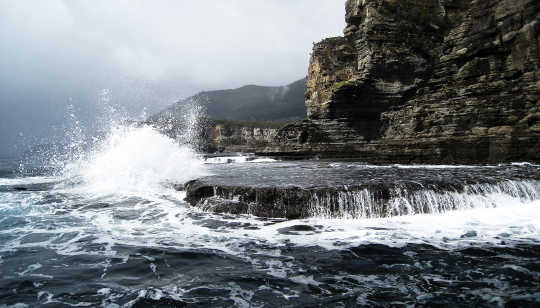 Scientists report that the great oceanic “lung” is again breathing in vast amounts of carbon dioxide from the atmosphere – but can’t say why or whether it will last.
Scientists report that the great oceanic “lung” is again breathing in vast amounts of carbon dioxide from the atmosphere – but can’t say why or whether it will last.
 There are two extremes in the debate over capitalism’s role in our present climate change problem. On the one hand, some people see climate change as the outcome of a consumerist market system run rampant. In the end, the result will be a call to replace capitalism with a new system that will correct our present ills with regulations to curb market excesses.
There are two extremes in the debate over capitalism’s role in our present climate change problem. On the one hand, some people see climate change as the outcome of a consumerist market system run rampant. In the end, the result will be a call to replace capitalism with a new system that will correct our present ills with regulations to curb market excesses.















